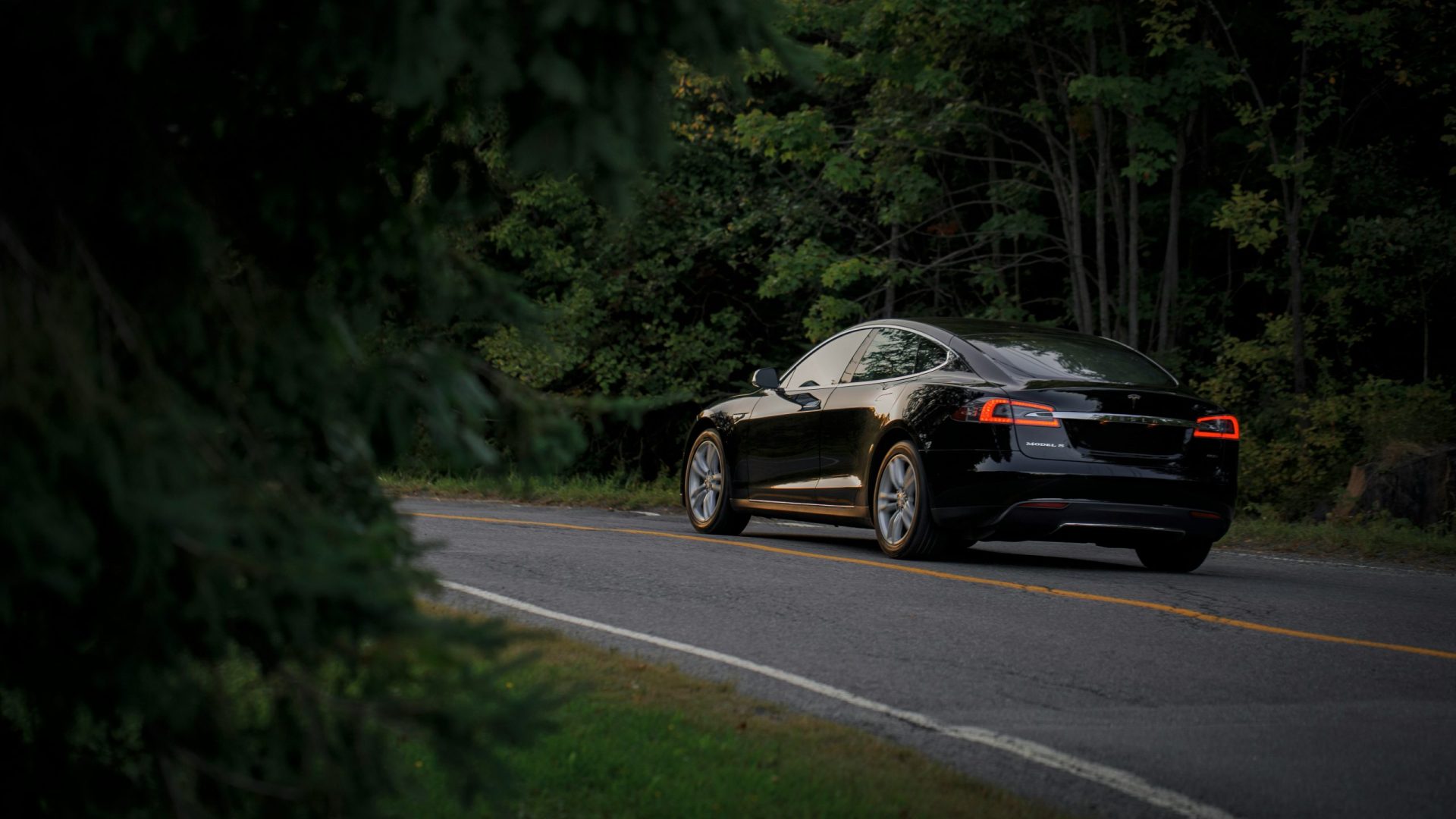
Car manufacturers may be some of the worst offenders when it comes to greenwashing. Lead the Charge can help you cut through the fluff.


Car manufacturers may be some of the worst offenders when it comes to greenwashing. Lead the Charge can help you cut through the fluff.
In most parts of North America and Australia, life without your own set of wheels can be inconvenient at best, and nearly impossible at worst. And since individual passenger cars account for up to 15 percent of global greenhouse gas emissions, automakers can be some of the world’s worst greenwashers. How do you know who to trust, and how do you begin to analyze whether a vehicle’s supply chain cancels out any of the good its gas mileage efficiency might do? After all, it’s hard to forget Volkswagen’s not-so-distant “Dieselgate” scandal, in which the German brand manipulated cars’ harmful emissions under test conditions.
Lead the Charge, a coalition of a dozen organizations including Sierra Club, Rainforest Foundation Norway, and the University of Colorado Boulder, has debuted a new score card for exactly this reason. The site scores the world’s top car manufacturers and ranks them against one another for their electric vehicle sales, human rights records, supply chains, and more. It published its second-annual report in February, with Ford in first place against 17 other international automakers.
Following Ford this year were Mercedes-Benz, Tesla, Volvo, and Stellantis, in that order.
Lead the Charge “aims to establish a new expectation—and competitive advantage—for what a clean car really is,” the organization says, and so far it seems to be working: While no automaker has scored higher than Ford’s score of 42 out of 100 overall, significant progress has been made since last year, according to Lead the Charge’s report about its analysis. All but one of the manufacturers analyzed have improved over last year, and “noteworthy progress” has been made in a push for fossil-free steel. Several automakers have also improved on human rights due diligence, likely in response to EU legislation, with Chinese brand Geely jumping from a score of zero to 16 percent.
Overall, US manufacturers have progressed most quickly, with Tesla jumping from ninth place last year to third overall this year. Tesla’s marked improvement includes becoming the only company to disclose disaggregated emissions for its steel, aluminum, and battery supply chains. Ford scored highest, with 86 percent, on its approach to responsible transition mineral sourcing.
In less-than-stellar news, however, “Automakers are largely ignoring risks to Indigenous Peoples in their supply chains and are failing to take action to uphold their rights,” Lead the Charge said. “For the second year in a row, company progress remained abysmal in the Indigenous rights subsection.” The average score was just 4 percent, showing almost no improvement over 2023.
Tesla was a “bright spot,” however, after introducing requirements for Free, Prior, and Informed Consent in its responsible sourcing policy, and disclosing risks to Indigenous rights. “Corporations that have already taken positive steps in this space must demand progress from the industry as a whole and call on peers to act,” the Sierra Club reported in an article about the scorecard.
Furthermore, companies are “mostly failing to take action on workers’ rights in their supply chains.” While Ford, Mercedes, and BMW have some degree of living wage requirements for their suppliers, none have defined what they mean by that.
Ultimately, Lead the Charge is aiming for an auto industry that strives to make all vehicles equitably, sustainably, and fully electric with a fossil fuel-free supply chain, and with supply chains that respect the rights of Indigenous Peoples, workers, and local communities. The full report is extensive and includes case studies on nickel mining in Indonesia, French efforts to promote cleaner electric vehicles, clean steel, electric vehicle battery recycling, and more. If you’re currently in the market for a new adventuremobile to get you into the mountains (or, you know, to work), it’s well worth a read.
***
Adventure.com strives to be a low-emissions publication, and we are working to reduce our carbon emissions where possible. Emissions generated by the movements of our staff and contributors are carbon offset through our parent company, Intrepid. You can visit our sustainability page and read our Contributor Impact Guidelines for more information. While we take our commitment to people and planet seriously, we acknowledge that we still have plenty of work to do, and we welcome all feedback and suggestions from our readers. You can contact us anytime at hello@adventure.com. Please allow up to one week for a response.

Kassondra Cloos is a travel journalist from Rhode Island living in London, and Adventure.com's news and gear writer. Her work focuses on slow travel, urban outdoor spaces and human-powered adventure. She has written about kayaking across Scotland, dog sledding in Sweden and road tripping around Mexico. Her latest work appears in The Guardian, Backpacker and Outside, and she is currently section-hiking the 2,795-mile England Coast Path.








Can't find what you're looking for? Try using these tags: